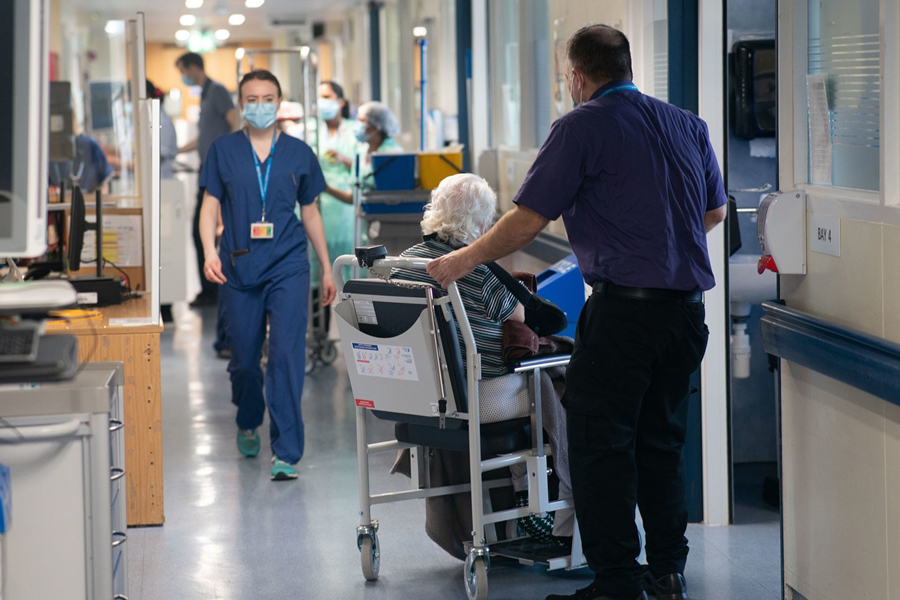The ongoing global pandemic has brought to light one of the most pressing issues today inadequate healthcare. The backlog of care, caused by a combination of chronic underfunding and overburdening health systems, is an increasingly concerning problem that needs to be addressed effectively.
In many parts of the world, access to quality medical care remains limited due to financial constraints and unequal distribution of resources. This means that millions are going without necessary treatments for illnesses or preventative healthcare measures like vaccinations, leading to an ever-growing backlog of care. This can have serious consequences for individuals’ physical and mental health as well as their overall well-being.
The first step in tackling this urgent issue is acknowledging its existence and understanding its causes. Systemic inequities are at the root of the problem and must be addressed through policy changes that prioritize equal access to equitable healthcare services regardless of income level or location. Additionally, initiatives such as public-private partnerships should be explored so that both private sector resources can be leveraged while ensuring affordability for all patients seeking treatment.

Another way to address the backlog is through educational campaigns aimed at increasing awareness about how best to access available services, such as community clinics or telemedicine options where appropriate. By making these options more accessible, it becomes easier for people in need to seek help even when they may not have enough money or mobility options available otherwise. Finally, increasing investment in primary care services will ensure better overall patient outcomes with lower rates of costly emergency visits down the line due to preventable illness exacerbations caused by lack of timely diagnosis and treatment earlier on in a person’s illness trajectory.
It is clear that there is no single solution when it comes to overcoming inadequate healthcare due to a backlogged system; however, taking steps towards addressing systemic inequalities combined with increased education about existing resources could go a long way towards improving patient outcomes worldwide. With sustained effort from all stakeholders involved including governments, funders, and providers alike, we can make sure everybody gets access to medical attention when needed no matter their background or circumstances.